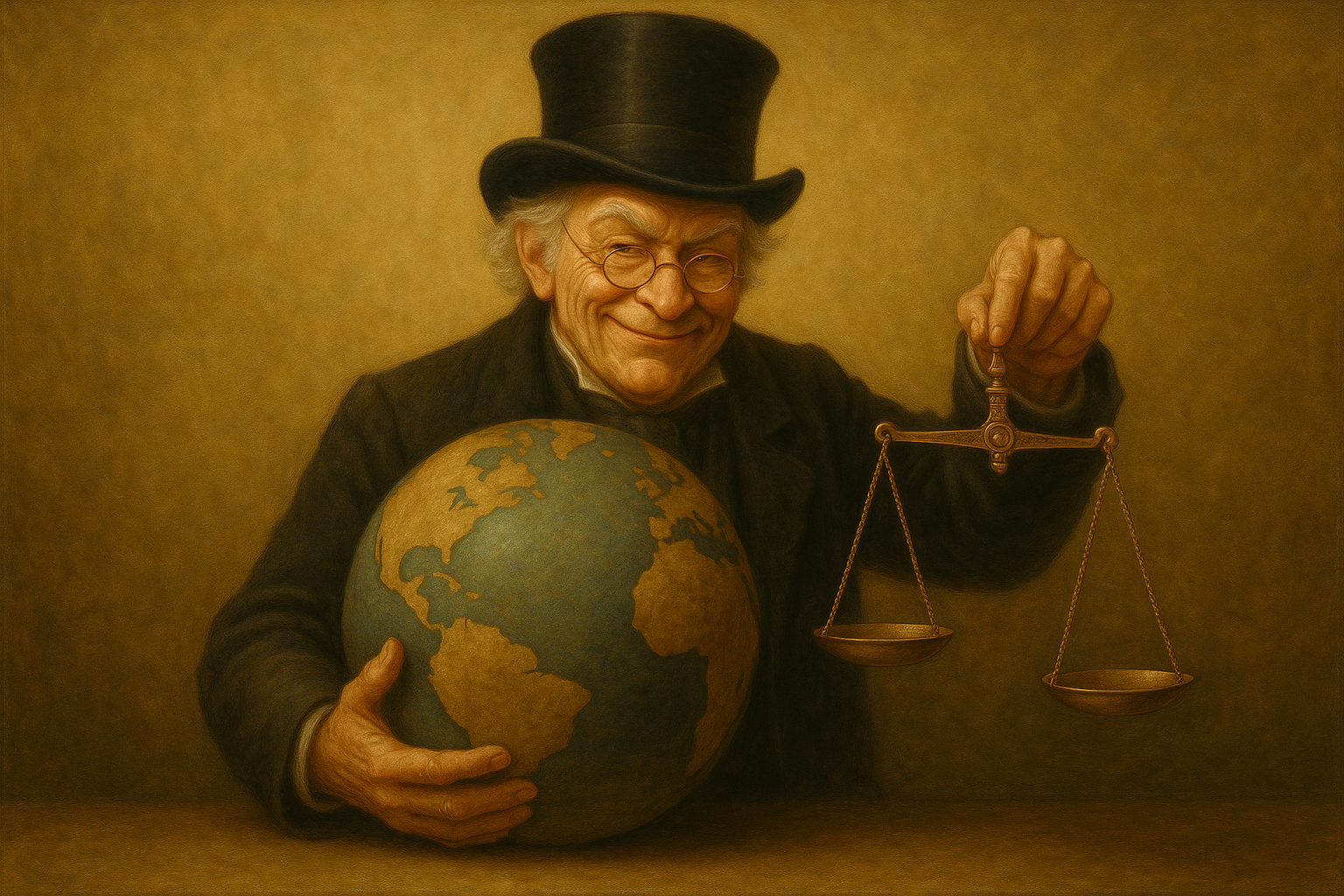


We usually think of democracy as something that should serve everyone in society, both the rich and the poor, like a fair and civilized system. But when inequality becomes too extreme, it starts to undermine democracy. People begin to feel like the system only works for a small, privileged group instead of for everyone.
The point is that when governments favour the elite and mostly respond to the preferences of the wealthy, it raises serious concerns. This challenges the idea of equal representation for all citizens.
The poor are often pushed to the side by wealthy elites. In the United States, this can be seen in how campaign donations from the rich often shape the laws that get passed. When people with lower incomes feel left out of democracy, it becomes harder for regular citizens to hold the government accountable or push for fairer policies. When many people, especially the poor, are left out of politics, it weakens democracy for everyone.
In an article, Ines A Ferreira (2022) states that inequality is a major challenge for international development. This is true not only for ethical reasons but also because high inequality is seen as harmful to important social, economic, and political outcomes.
The article adds to this discussion by giving an up-to-date overview of what we know about how income inequality affects three key areas: economic growth, human development, and governance, especially democracy.
To back and support the research, they conducted a survey that revealed a negative correlation between income inequality (measured by the Gini coefficient) and democratic participation, with a coefficient of approximately -0.35 in OECD countries. This finding suggests that as inequality rises, voter turnout and civic engagement decline.
In reviewing how inequality undermines democratic values, the control of global institutions reveals a troubling imbalance.
According to a recent Oxfam report, the World Bank and the IMF, created 80 years ago at the end of colonialism, still operate under a power structure that heavily favors wealthy nations. Although G7 countries make up only 10% of the world’s population, they hold 41% of the voting power in these institutions.
At the World Bank’s lending arm, for instance, a single Belgian national has nearly 180 times more voting power than an Ethiopian national. Leadership at both the World Bank and the IMF also remains dominated by the United States and Europe, respectively.
The United Nations Security Council shows a similar imbalance. Global North countries, which account for just 17% of the world’s population, occupy 47% of the seats (Oxfam). These imbalances have serious consequences for democracy. The IMF and World Bank have broad influence over economic policies in low and middle-income countries, often imposing austerity measures that cut vital services like healthcare and education.
For example, during the COVID-19 pandemic, austerity measures recommended by the IMF in 15 countries slashed nearly $10 billion from public sector salaries, equivalent to the loss of more than 3 million essential jobs, including nurses and teachers, at a time when their services were needed most. Actions like these, rooted in unequal global governance, silence the democratic voice of poorer nations and erode public trust in government systems both locally and globally.
In the United States, the growing gap between rich and poor has come along with stronger political divisions. This inequality adds to polarization and weakens unity in democracy. As the American Political Science Association says, it shifts participation, policy influence, and government response more toward the wealthy.
In the U.S., the gap in political participation between income levels has grown a lot. Wealthier people vote more, contact officials more often, and take part in civic activities more than those with lower income and education. They also have more resources to influence the government through donations, lobbying, or other political actions. Because of this, the views of the wealthy are represented much more in government policies, while the concerns of the less advantaged are often ignored.
When it comes to tax laws and bills, politicians often focus on keeping the wealthy happy instead of doing what’s best for society. In other words, they don’t want to upset their rich supporters. A clear example of this is the most recent American election and Elon Musk’s excessive efforts and support for Donald Trump.
In an unequal society, the rich can take control of political institutions, shape policies to benefit themselves, and make governments less responsive to the public. This has happened in Latin American democracies like Brazil.
When democratic institutions become more divided and politicians’ views are influenced, trust in government starts to break down. As per a survey, for every 0.1 rise in the Gini coefficient (a gauge of inequality), faith in government reduces by around 10 percentage points.
High inequality and loss of trust, especially among people who feel left out economically, can lead to the weakening of democratic systems. This increases the chances of populist or authoritarian movements taking hold, as seen in South Africa, where political unrest continues.
The other consequence of democratic instability and polarization is the erosion of judicial and legislative institutions. When money is concentrated among the elite, special interest groups can dictate these institutions, disparaging the rule of law
If people can no longer trust the law, chaos often follows. The cycle created by inequality is that unequal societies lead to unequal political outcomes, which in turn continue economic disparities, threatening the long-term stability of democratic systems. These problems feed into each other, putting the very foundation of democracy at risk.
Severe inequality undermines the pillars of democracy by giving voice to the rich and taking away the voice of the poor. Excessive inequality leads to marginalized participation, increased polarization, and decay of faith in government, which can obliterate democratic institutions.
If democracy is to thrive, then there has to be equal representation and a way to end the negative effects of inequality on society and in government.
"*" indicates required fields